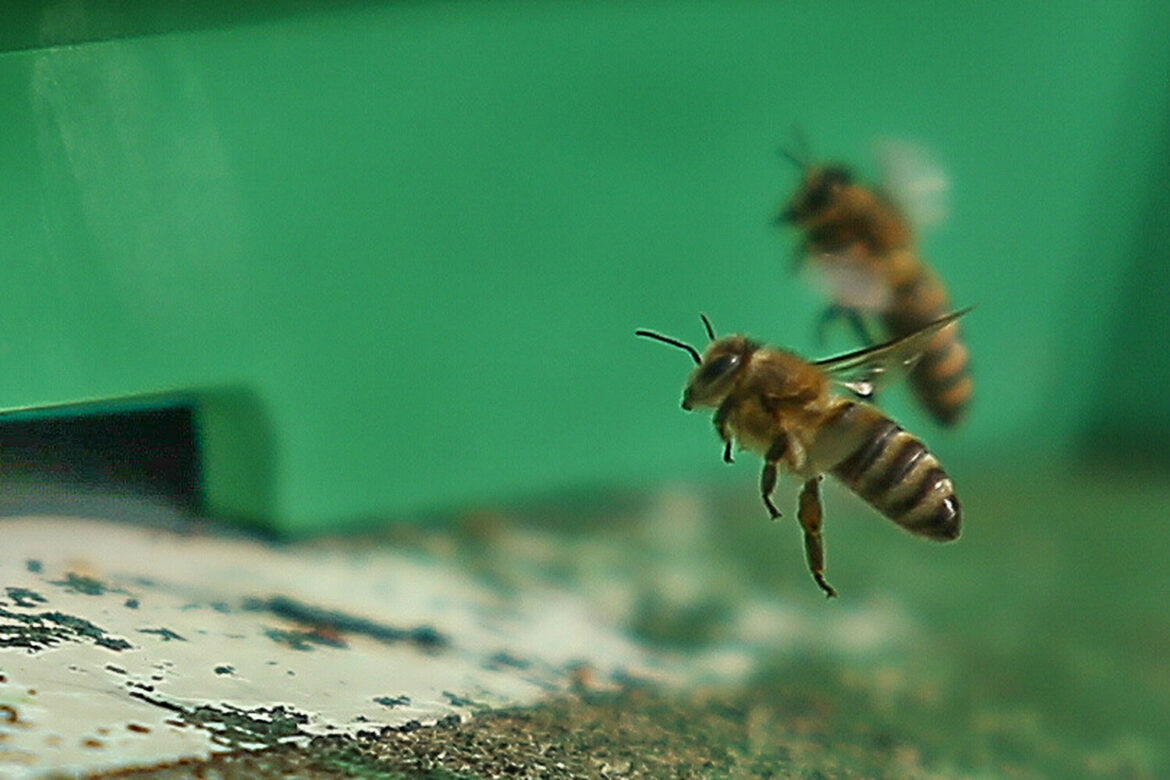Researchers from the Institute of Environmental Sciences at Jagiellonian University have teamed up with 17 partners from 14 European countries in the Better-B project. The aim is to restore harmony and balance in bee keeping. The venture has received funding of €6.3 million.
Honeybee colonies are often poorly adapted to cope with external stressors such as climate change, pesticides or parasite attacks. The key to strengthening and increasing the resilience of honeybee colonies is to use the forces of nature to restore harmony and balance, both within the bee colony and between the colony and its environment.
The Better-B Consortium works on the idea that the path to harmony and balance is indicated by so-called Darwinian colonies – abandoned or feral colonies that have survived in the wild or have been selected based on an assessment of their condition. However, such bee colonies usually lack many of the beneficial traits that are important in modern beekeeping.
The approach of the scientists from the Better-B project is to try to understand the processes and mechanisms driving the functioning of resilient Darwinian colonies in the wild and to implement them into modern beekeeping practices using, where possible, the benefits of advanced technologies.
The researchers plan to implement the modern methods they have developed into apiary management in close collaboration with beekeepers. The restoration of harmony and balance must take place at three levels: the environment, the bee colony and beekeeping practices.
The consortium has received funding of €6.3 million from the European Commission, the UK and Switzerland to develop actions to support the strengthening and improvement of the resilience of bee colonies to abiotic stresses (such as climate change, habitat loss and hazardous chemicals).
Arkadiusz Słomczyński





